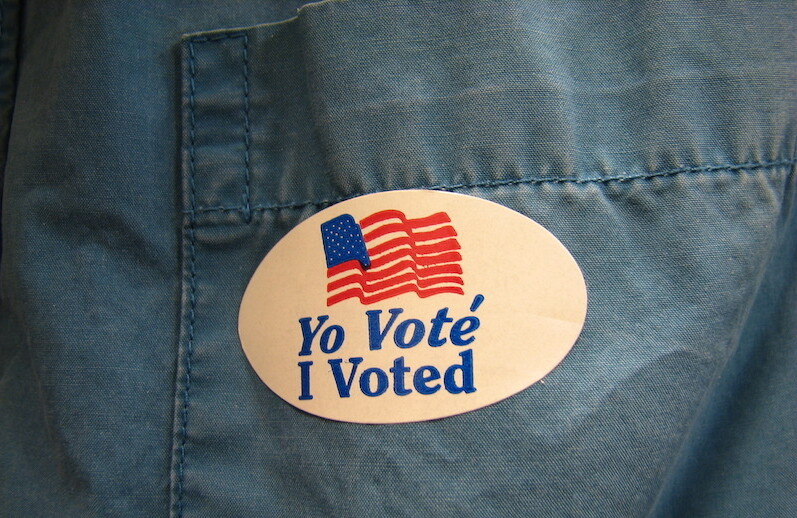The first three paragraphs of this article are reprinted with the kind permission of The National Interest, which first published this on July 20, 2018. To read this article in full, please click here.
Democrats are counting on a "Blue Wave" in the fall 2018 elections to return them to the majority, at least in the House of Representatives, and to pave the way for retaking control of the Executive Branch in the 2020 presidential election. For many card-carrying members of the Democratic foreign policy establishment in Washington, this offers the opportunity not only to reverse the steps taken by the Trump administration to dismantle the U.S. commitments to international agreements, regional organizations and specific allies and partners, but to return to a foreign policy grounded in the tenets of liberal internationalism.
Yet trends within the Democratic Party itself could take the Washington-based establishment by surprise, just as the Republican national security community found itself out of sync with the broad base of GOP voters as demonstrated in the 2016 election. The muscular interventionism championed by almost all of the Republican Party's standard-bearers was rejected in favor of an "America First" message which resonated with primary and general election voters. Similarly, the rise and growing prominence of a more unabashedly progressive wing of the Democratic Party has similar implications, because the activists' critique of the status quo does not end at the water's edge. The Democratic foreign policy establishment may find it difficult to forge a stable marriage with a mobilized voter base and the candidates it is putting forward. If Alexandria Ocasio-Cortez represents the face of this movement, with Senator Bernie Sanders acting as its godfather, and if candidates from this wing gain ascendancy, then the other half of the so-called "bipartisan foreign policy" consensus will be challenged in the same way as Trump's movement has done for the GOP. After all, during the 2016 campaign, Senator Sanders, much like Trump, offered a critique of U.S. foreign policy that had resonance among primary voters.
As part of the U.S. Global Engagement Program for the Carnegie Council for Ethics in International Affairs, I have been studying the impact of the "narrative collapse" among U.S. voters about the role and efficacy of U.S. foreign policy that I began to chart in these pages two years ago. The narrative among Republican voters has centered on the lack of return for U.S. involvement; that the United States has expended blood and treasure for allies and partners who have not "paid" the United States for this investment in their security and instead used U.S. support to enhance their own internal prosperity at the expense of Americans. It has been a more transactional view of how the United States should conduct itself in international affairs. It is compounded by a sense that the foreign policy establishment has wasted American lives and resources pursuing ill-conceived interventions that drain vitality without generating clear successes.
To read the rest of this article on The National Interest, please click here.


